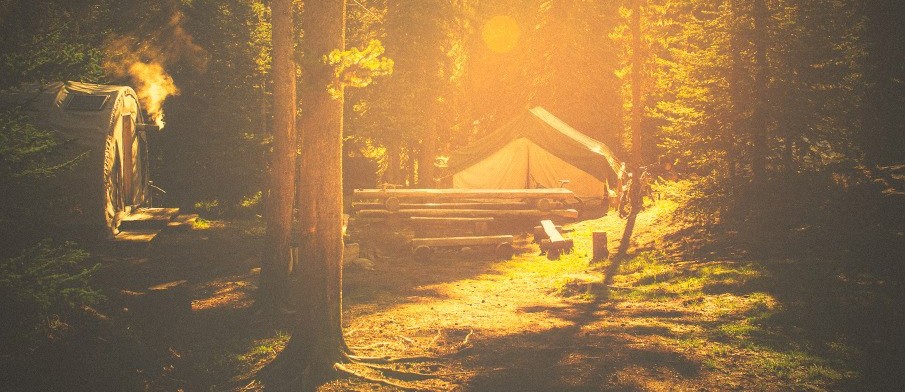The evolution of modern civilization has brought unprecedented safety and abundance to the lives of humans. We no longer have to put ourselves in the way of danger to survive. In much of the developed world, it is not a question of whether food is available, but whether it is organically grown, gluten-free, or fairly-traded. Many of the stresses of the hunter-gatherer lifestyle have been replaced by the inconveniences of morning traffic, lines in the supermarket, or an annoying boss or co-worker.
 In the developed world, there is a sense of security and safety that underpins almost every course of action we take. This has allowed humans to live longer and freer than at any other point in recorded history, invent remarkable technology that has promoted improvements in health and wellbeing, and create an order of society that allows the majority of people in the western world to live freely without fear of persecution. It has also brought a change in perspective where the constant need for safety and surety is favored over raw experience .
In the developed world, there is a sense of security and safety that underpins almost every course of action we take. This has allowed humans to live longer and freer than at any other point in recorded history, invent remarkable technology that has promoted improvements in health and wellbeing, and create an order of society that allows the majority of people in the western world to live freely without fear of persecution. It has also brought a change in perspective where the constant need for safety and surety is favored over raw experience .
For many people there is a nagging dissatisfaction with the apparent sterility of this civilized way of living. It may range from a subconscious yearning to a hair-ripping, all-out meltdown, but underneath there is a need for spontaneity and adventure. To be able to rely on one’s own instincts and adapt to a situation as it appears stimulates a feeling of aliveness, foreign to much of the rigorous structure of modern living.

Indeed, it appears as though many recent human developments, whether technological or otherwise, are developed to eliminate even the most minor inconveniences from daily life. In this sense, as our self-sufficiency and instinctual attunement begins to diminish, every essential task for survival can be accomplished without leaving the lounge room, so why bother?
This way of living creates a disconnect from our essential nature as animals. “Nature” as a whole is often considered an adversary that must be conquered unless it can be observed cautiously from a tour bus window. Consider why some people are drawn to outdoor activities such as camping or hiking;  These pursuits provide a temporary connection back to our adventurous spirit, where we can embrace our vulnerability in the natural world instead of constantly resisting it. By attempting to “rewild” our lives, we begin to remove the illusion of control and can fully embrace what we do. We become immersed in raw experiences, where the safety net is temporarily removed, and a wholesome richness begins to infiltrate our experience.
These pursuits provide a temporary connection back to our adventurous spirit, where we can embrace our vulnerability in the natural world instead of constantly resisting it. By attempting to “rewild” our lives, we begin to remove the illusion of control and can fully embrace what we do. We become immersed in raw experiences, where the safety net is temporarily removed, and a wholesome richness begins to infiltrate our experience.

